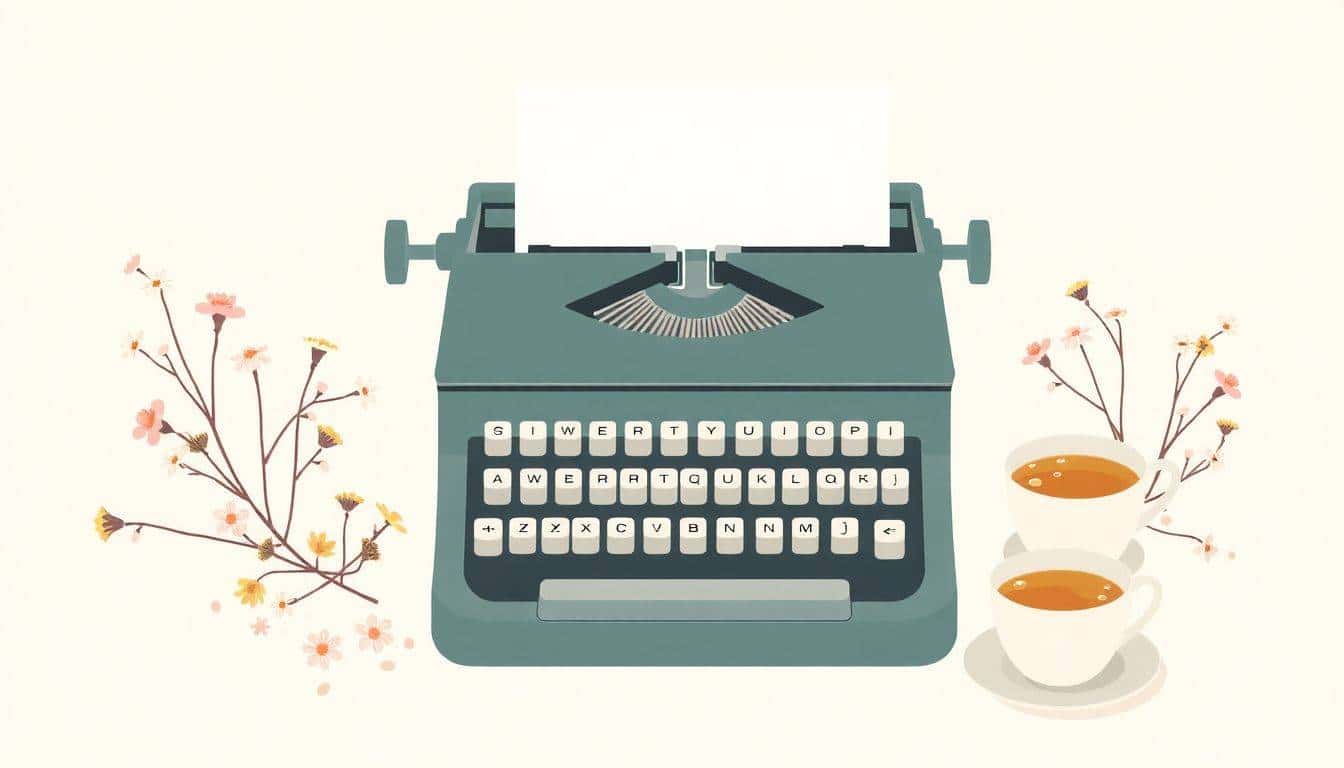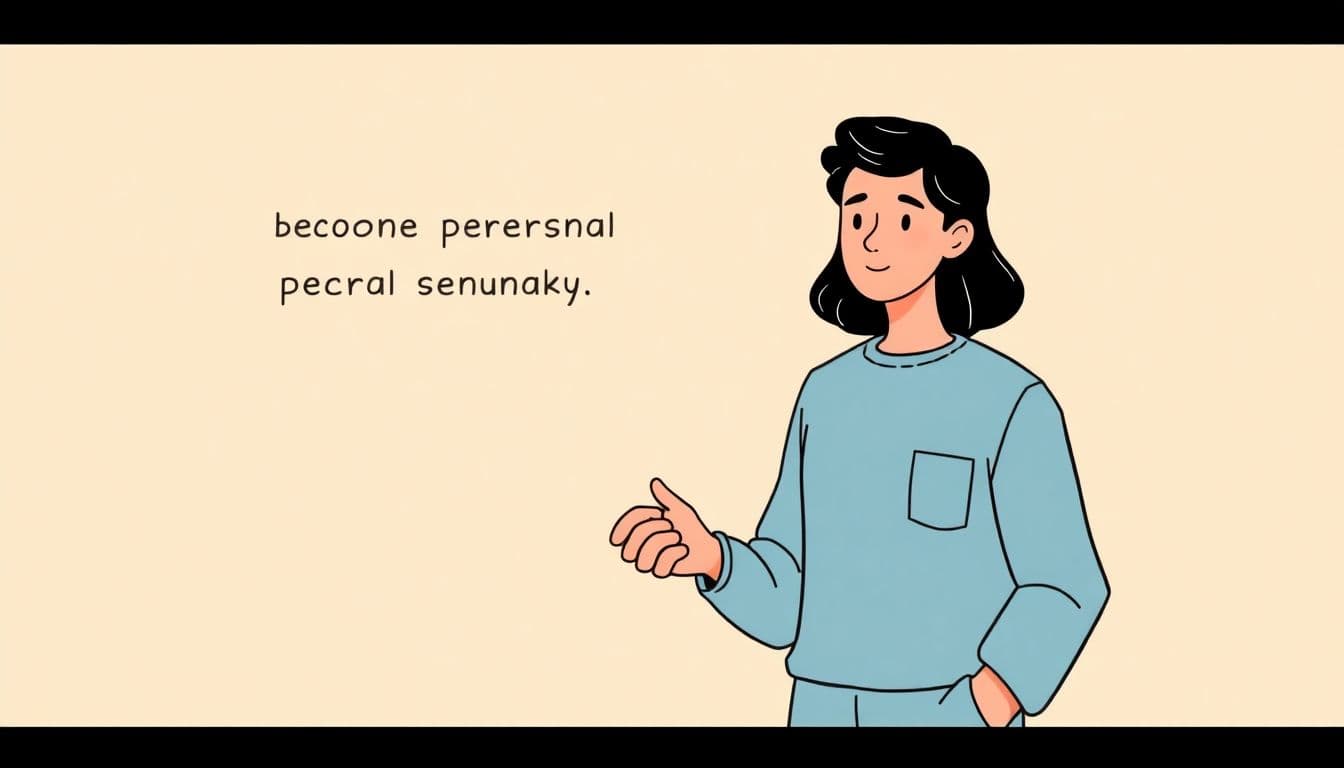Table of Contents
Writing acknowledgments can feel a bit daunting, right? Figuring out who to thank and how to express your gratitude without sounding cliché is tricky.
But don’t worry, I’ve got your back! Stick around, and we’ll break it down together so you can craft sincere and meaningful acknowledgments.
From identifying key contributors to polishing your final draft, we’ll cover it all in a friendly and straightforward way.
Key Takeaways
- List everyone who helped you, including family, friends, mentors, and professionals.
- Be specific about how each person contributed to make your acknowledgments meaningful.
- Use a sincere tone that matches your work; generally formal but warm.
- Organize acknowledgments by grouping similar roles together for clarity.
- Respect privacy; ask permission before mentioning names and avoid sensitive details.
- Edit and proofread carefully; check name spellings and ensure your gratitude feels genuine.

Step 1: Identify Who to Thank
Writing acknowledgments is your chance to express gratitude to those who supported you throughout your writing journey.
Start by making a list of everyone who played a role in your project’s completion.
This can include family members who encouraged you, friends who offered feedback, mentors who provided guidance, and professionals who assisted with publishing.
If you’re self-publishing, you might want to acknowledge editors or cover designers who helped bring your book to life.
Don’t forget to consider librarians, research assistants, or even baristas at your favorite coffee shop who kept the caffeine flowing.
If you’re unsure about including someone, it’s better to err on the side of acknowledgment.
For a detailed guide, you can read our comprehensive article on how to write acknowledgments for a book.
Step 2: Describe the Contributions
Once you’ve identified who to thank, think about how each person contributed to your work.
Be specific about their roles to make your acknowledgments more meaningful.
For example, you might mention that your friend Jane offered invaluable insight during late-night brainstorming sessions.
If a fellow author inspired you, explain how their work influenced yours.
Describing contributions adds a personal touch and shows that you genuinely appreciate their support.
For tips on collaborating with others in the writing process, you might find our article on how to become a beta reader interesting.
Step 3: Use Appropriate Language and Structure
Your acknowledgments should be sincere and reflect your own voice.
Maintain a tone that’s consistent with the rest of your work.
Generally, it’s best to use a formal but warm tone.
Avoid overly emotional or humorous language unless it suits the style of your book.
When structuring your acknowledgments, you can start by thanking professional contributors, followed by personal ones.
Alternatively, you might group people by their roles.
Remember to keep each acknowledgment concise to maintain readability.
For guidance on maintaining the right tone in your writing, our examples of short author bios might provide some inspiration.

Step 4: Group Similar Roles Together
Organizing your acknowledgments thoughtfully makes them easier to read and understand.
Consider grouping people based on how they contributed to your work.
You might start by thanking your professional support team, such as your editor, publisher, and agent.
Next, acknowledge mentors or teachers who influenced your writing journey.
Then, you could mention friends and fellow writers who offered feedback or inspiration.
Finally, express gratitude to family members who provided emotional support.
This structured approach ensures you don’t overlook anyone and helps your acknowledgments flow smoothly.
For more on organizing your book’s components, you might find our article on how to write a foreword useful.
Step 5: Consider Ethics and Guidelines
When acknowledging others, it’s important to respect privacy and ethical considerations.
Always seek permission before mentioning someone by name, especially if sharing personal details.
Some individuals might prefer to remain anonymous or be referred to more generally.
Avoid disclosing sensitive information or making statements that could be misconstrued.
Remember that your acknowledgments are public and represent your professionalism.
If you’re unsure, err on the side of caution and keep the acknowledgment more general.
For insights into the roles of professionals who might support your writing, check out our piece on what does an editor do.
Step 6: Edit and Proofread
After drafting your acknowledgments, take time to review and refine them.
Double-check the spelling of names to avoid embarrassing mistakes.
Ensure that your tone is consistent and that your gratitude feels genuine.
Reading aloud can help you catch awkward phrasing or errors.
Consider having a trusted friend or colleague review your acknowledgments for clarity and impact.
Your acknowledgments are part of your book’s presentation, so they deserve the same attention to detail as the rest of your work.
For tools that can assist with the editing process, you might explore our list of the best proofreading software.
Examples and Best Practices
Seeing how other authors craft their acknowledgments can provide inspiration.
Some writers keep it brief, offering a simple list of names.
Others provide more detailed thanks, sharing how each person contributed.
For example, in her acknowledgments, author Cheryl Strayed offers heartfelt thanks to friends who supported her during challenging times.
Remember that sincerity is key—your readers will appreciate genuine expressions of gratitude.
To see more examples of how to present yourself professionally, take a look at our about the author examples for students.
Conclusion
Crafting meaningful acknowledgments is a rewarding part of the writing process.
It’s your opportunity to honor those who have helped you bring your book to life.
By thoughtfully identifying contributors, grouping them appropriately, and expressing your gratitude sincerely, you create a lasting tribute to their support.
Remember to respect privacy, maintain a consistent tone, and proofread carefully.
Your acknowledgments add a personal touch that resonates with readers.
As you embark on your next project, perhaps explore some new ideas with our winter writing prompts to spark your creativity.
FAQs
You should include individuals or groups who significantly contributed to your work, such as supervisors, mentors, colleagues, funding agencies, and supportive friends or family members.
Begin with professional acknowledgements, thanking advisors and colleagues, then proceed to personal acknowledgements if appropriate. Group similar roles together and use formal language to maintain a cohesive and respectful tone.
Including personal messages is acceptable if permitted by your institution or publisher. Ensure that the language remains professional and that personal notes do not overshadow the academic contributions of others.
Obtain consent before mentioning individuals, avoid disclosing sensitive information, and adhere to any institutional or publication guidelines. Ensure that all acknowledgements are truthful and reflect genuine contributions.



